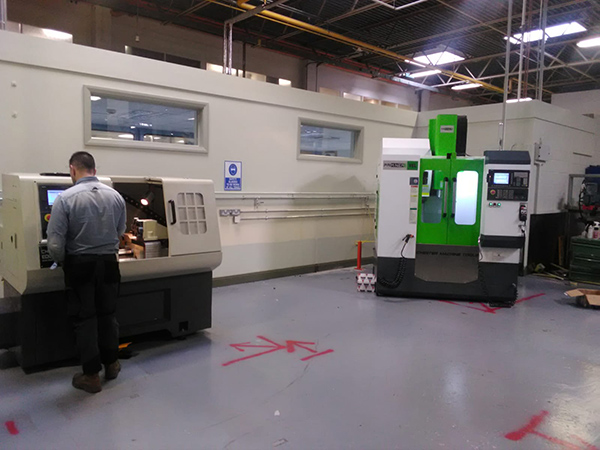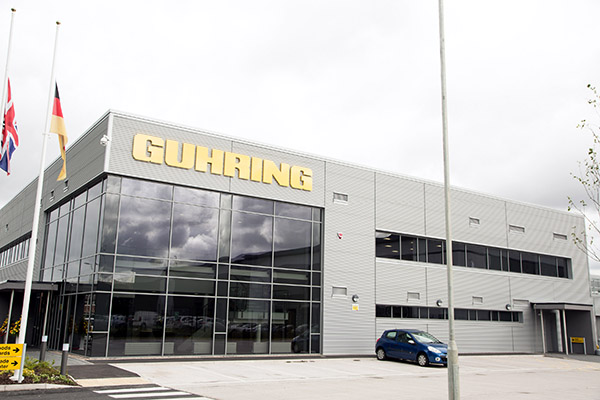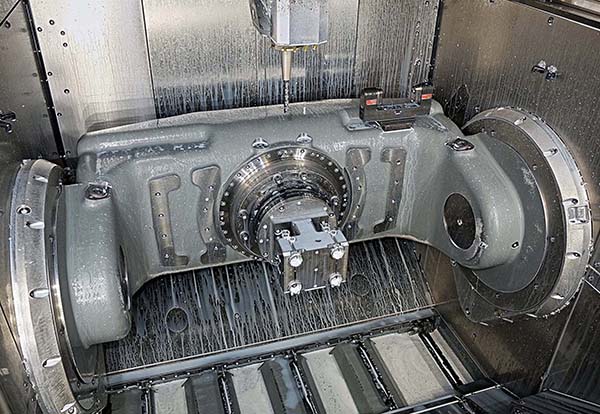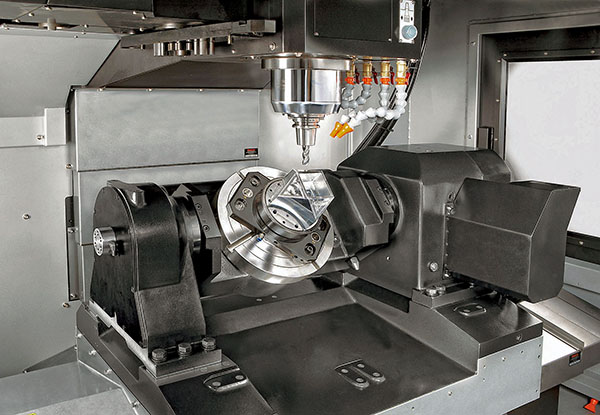As specialists in the supply of machines to the education market, Chester Machine Tools (via Irish partner Central Technology Supplies) recently provided CNC and conventional machines to the Waterford and Wexford Education and Training Board (WWETB) in Ireland.

The machines supplied were a Chester EDU360 CNC lathe and a Chester V6L Delta three-axis CNC machining centre, both of which were installed in the education workshop facilities to help young engineers complete their prototyping and design projects utilising the latest technology.
Chester’s engineers undertook the final commissioning and training on site at the WWETB facilities as part of the company’s ongoing support package to education customers. The installation of these machines follows recent Chester machine installations in Ireland of a CNC mini machining centre at the Institute of Technology in Tallaght, Dublin, and 16 conventional lathes and turret
milling machines at the Regional Skills and
Training Centre in Dundalk.
For further information www.chestermachinetools.com























